|
|
|
|
Nau mai haere mai – welcome to this week’s newsletter.
Once the Auckland border opens next week, we’ll all be able to travel around New Zealand more freely – and that includes COVID-19. Health authorities are already preparing for Delta to spread to more regions, and the new Omicron variant’s arrival has been described as inevitable.
Omicron has already made its way to Australia within days of being detected by South African scientists, but as public health expert Matt Hobbs and his colleague Lukas Marek write, it’s less likely to breach New Zealand’s border.
They explain how ongoing border controls, testing and rapid genome sequencing give us a better chance to keep Omicron at bay and prevent community incursion, at least in the short term. But they argue we should heed calls by iwi leaders to avoid summer destinations where vaccination rates remain lower to make sure we have the Delta outbreak under reasonable control when Omicron does eventually enter New Zealand.
You’ll find more to read in this newsletter or on our home page, including Michael Swanson’s fascinating analysis of how the National Party’s history keeps repeating in its present struggle to reinvent itself.
Many thanks for your ongoing support and interest. Take care and all the best, mā te wā.
|

|
Veronika Meduna
New Zealand Editor: Science, Health + Environment
|
|

Matthew Hobbs, University of Canterbury; Lukas Marek, University of Canterbury
Omicron may soon arrive at the border, but New Zealand hopes to keep it out of the community through border controls, testing requirements and rapid genome sequencing of any positive cases.
|
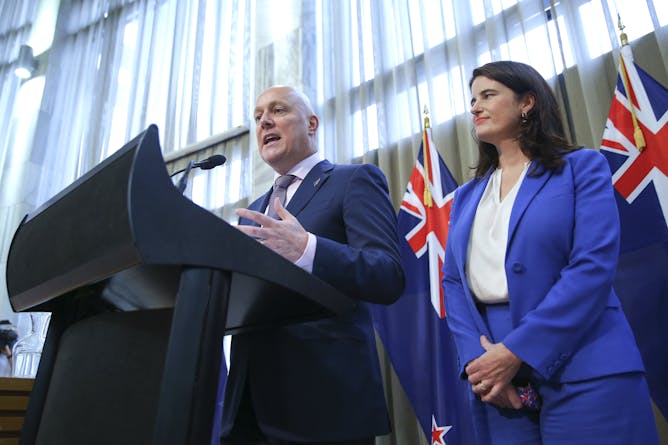
Michael Swanson
The National Party’s internal tensions have played out in a succession of leadership changes. Would the political right be better off formally divided, as it once was?
|
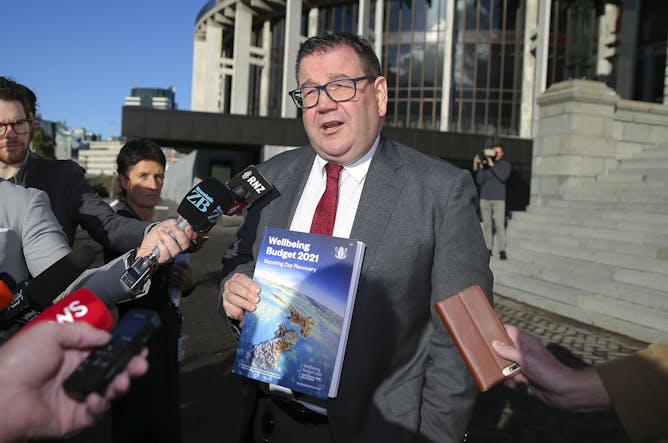
Simon Chapple, Te Herenga Waka — Victoria University of Wellington; Michael Fletcher, Te Herenga Waka — Victoria University of Wellington
With little public consultation and serious questions about how it might work, the proposed scheme is a policy gamble of unknown proportions.
|

Andrew Chen, University of Auckland
Vaccine passes are easy to fake. Unless venues and businesses make sure to verify them and check the identity of the pass holder, COVID will likely continue to spread.
|

Lisa Marie Emerson, University of Canterbury
Two-thirds of autism research funding in New Zealand is directed at biology and genetics. The autism community says improving support services and quality of life should be the priorities.
|

Candice Harris, Auckland University of Technology; Jarrod Haar, Auckland University of Technology
The flipside of workers quitting or changing jobs during the pandemic is a huge new talent pool in the market – are employers and recruiters ready to make the most of it?
|

Barbara Allen, Te Herenga Waka — Victoria University of Wellington; James Gluck, Te Herenga Waka — Victoria University of Wellington
How the government contracts and pays suppliers in a pandemic demands transparency and strict standards. Some say New Zealand can do better.
|
From our foreign editions
|
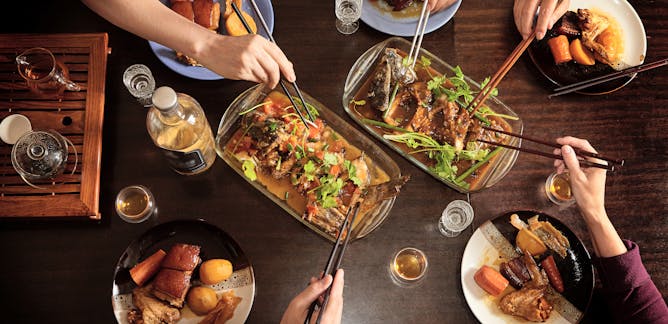
Diana Bogueva, University of Sydney; Clare Whitton, Curtin University; Clive Phillips, Curtin University; Dora Marinova, Curtin University
The average amount of meat a person ate each year worldwide increased from 29.5kg in 2000 to 34kg in 2019. But there are some surprising differences between nations, including Australia and NZ.
| |
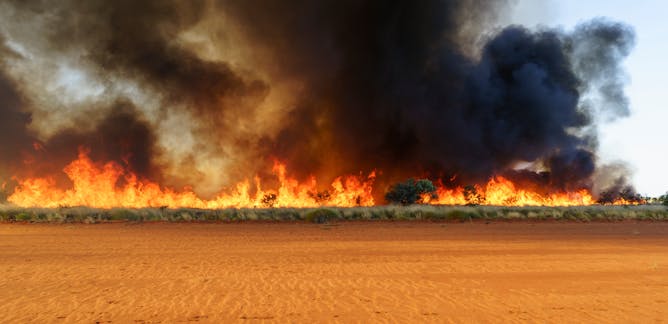
Rohan Fisher, Charles Darwin University; Neil Burrows, The University of Western Australia
Fires in arid Australia are extensive, largely unmanaged, often destructive and significantly under-reported.
|
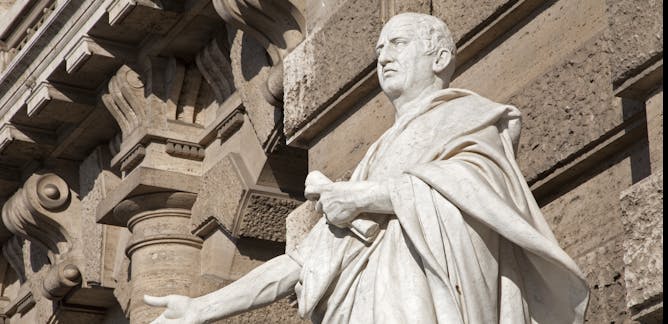
Jaclyn Neel, Carleton University
Although he privately disapproved of Caesar’s power, Cicero publicly supported him and Cicero also directly contributed to the end of the Roman Republic and the reign of Caesar’s nephew Augustus.
| |
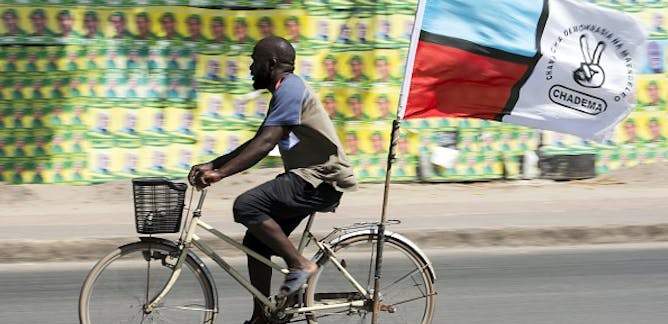
David E Kiwuwa, University of Nottingham
Peace on its own is not enough to meet the unfulfilled promise of prosperity and economic advancement.
|
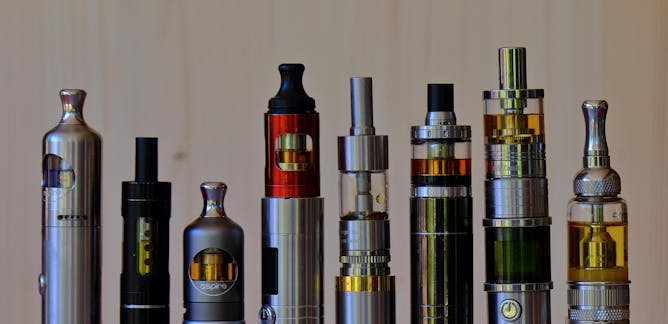
Caitlin Notley, University of East Anglia; Konstantinos Farsalinos, University of West Attica
Tobacco smoking results in DNA changes to a much greater magnitude than vaping
| |
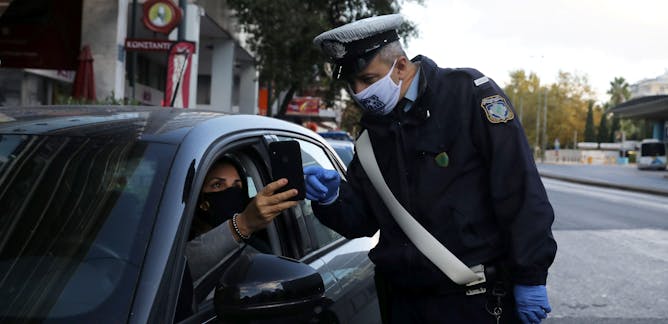
Julian Savulescu, University of Oxford; Dominic Wilkinson, University of Oxford; Jonathan Pugh, University of Oxford
Austria and Greece have introduced vaccine mandates, and Germany is considering it.
|
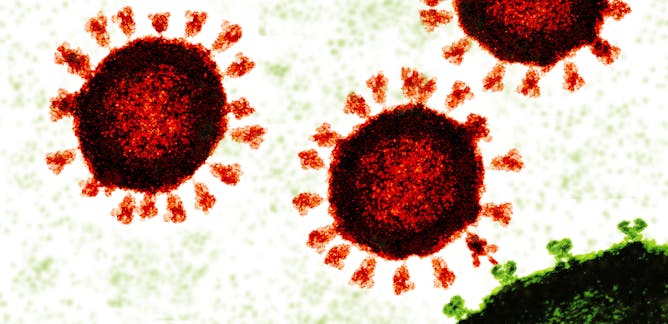
Deborah Fuller, University of Washington
The new omicron variant of coronavirus has a number of mutations that may require manufacturers to update vaccines. The unique attributes of mRNA vaccines make updating them fast and easy.
| |
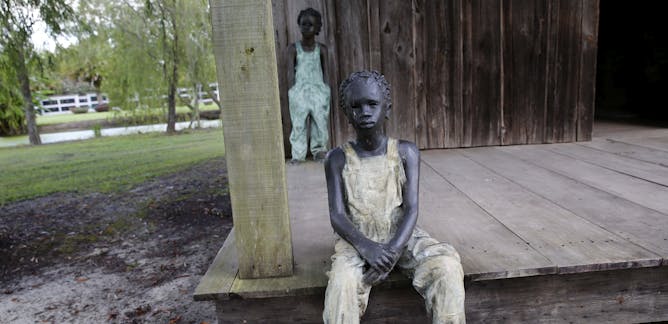
Kelley Fanto Deetz, University of California, Berkeley
The romanticized notions of Southern gentility are increasingly at odds with historical reality as the lives, culture and contributions of the enslaved are becoming integral on tours of plantations.
|
|
|
| |
| |
| |
| |
|
|
|
|
|
|
|